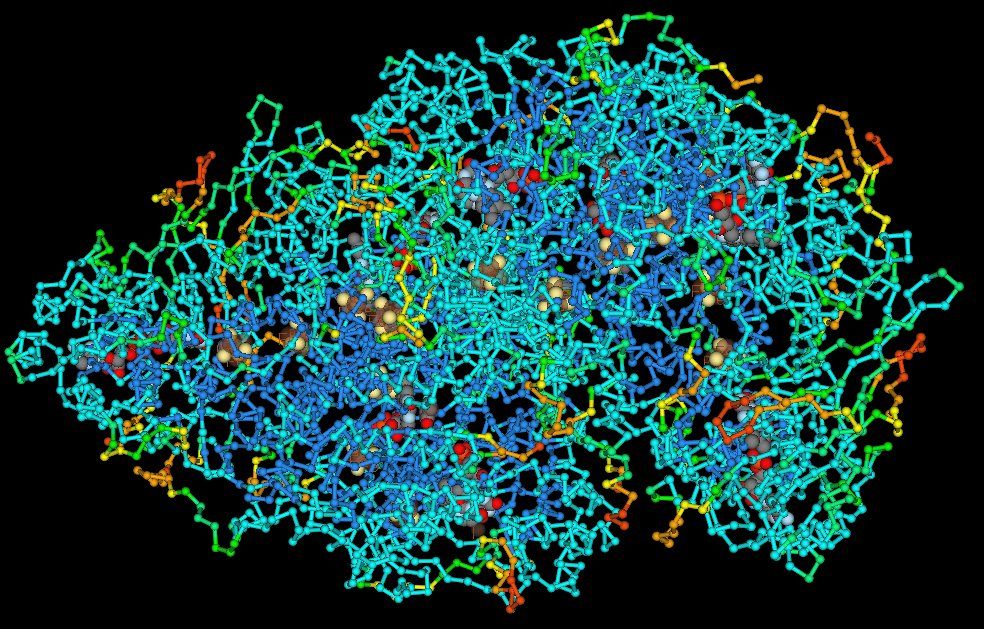Lasting Polymers: Eco-Friendly Solutions for the Future
Lasting Polymers: Eco-Friendly Solutions for the Future
Blog Article
Discovering the Varied Applications and Advantages of Polymers in Different Industries
Polymers, with their diverse variety of residential or commercial properties and functionalities, have actually ended up being important in various industries, each enjoying one-of-a-kind benefits from their application. From improving security and efficiency in the vehicle market to revolutionizing clinical devices in the health care industry, polymers play a pivotal role.
Automotive Market Applications
Polymers play a pivotal role in boosting the efficiency and longevity of different components within the automobile industry. One noticeable use of polymers in the auto industry is in the production of light-weight parts.

Medical Care Sector Advantages
In different medical care applications, the benefits of using polymers are extensively identified for their varied array of valuable residential properties. Polymers play a critical role in the healthcare market because of their versatility, biocompatibility, and cost-effectiveness. Among the main benefits of polymers in healthcare is their ability to be tailored to certain requirements, such as flexibility, durability, and biodegradability, making them suitable for a large range of clinical applications.
Polymer-based materials are extensively made use of in clinical gadgets, such as catheters, implants, prosthetics, and drug delivery systems, as a result of their biocompatibility and capacity to mimic natural cells. These products can reduce the danger of allergies or beings rejected, enhancing client safety and outcomes. Furthermore, polymers are lightweight, making them suitable for wearable clinical devices and making sure patient comfort.
Moreover, polymers make it possible for the growth of innovative therapy methods, such as hydrogels for tissue design and nanocomposites for targeted medication distribution. Their ease of handling and sterilization makes them necessary for keeping high requirements of hygiene in medical care setups. Overall, the diverse benefits of polymers add dramatically to innovations in medical modern technology and person care.
Ecological Advantages of Polymers
:max_bytes(150000):strip_icc()/three-dimensional-model-of-polyvinyl-chloride-165874889-5c425ea7c9e77c000188be6d.jpg)
Moreover, polymers can add to power financial savings because of their light-weight nature. In markets such as transport, light-weight polymer products can assist minimize gas intake and greenhouse gas exhausts. In addition, polymers can make it possible for the advancement of energy-efficient products such as insulation products that improve energy preservation in buildings.
Furthermore, polymers play a vital role in minimizing water air pollution. The use of polymer-based filtering systems can company website effectively eliminate toxins and impurities from wastewater, securing water sources and ecosystems. On the whole, the environmental advantages of polymers make them useful properties in advertising sustainability and environment-friendly click here now techniques throughout various sectors.
Polymers in Electronics and Innovation
Taking into consideration the raising need for cutting-edge and sustainable services in modern sectors, the integration of advanced polymer innovations in the realm of electronic devices and modern technology has emerged as an essential strategy for driving effectiveness and performance. Polymers have actually changed the electronic devices industry by making it possible for the production of lighter, much more adaptable, and resilient digital devices. From smart devices to medical gadgets, polymers play a critical function in enhancing product design and performance.
One considerable benefit of polymers in electronic devices is their insulating buildings, which help secure delicate electronic parts from environmental aspects and electric disturbance. In addition, polymers are vital in the growth of flexible screens, wearable innovation, and printed electronics, offering unlimited possibilities for creating clever and interconnected tools.
In addition, the use of polymers in digital product packaging has actually caused improvements in miniaturization and thermal administration, enhancing the total performance and dependability of digital systems. As technology remains to develop, the flexibility and flexibility of polymers will undoubtedly drive additionally development in the electronics industry, shaping the future of innovation.
Function of Polymers in Building and Infrastructure
Polymers use countless advantages in the building market due to their versatility, toughness, and cost-effectiveness. One key role of polymers in building is their usage in layers and sealants, giving security against ecological factors such as dampness, UV radiation, and rust.
Moreover, polymers play a vital role in sustainable building techniques by allowing the advancement of energy-efficient frameworks. Shielding products made from polymers aid regulate interior temperature levels, lowering the requirement for home click reference heating and cooling systems and eventually reducing energy usage. Moreover, making use of polymer-based compounds in framework jobs such as bridges and roads boosts their durability and lowers upkeep prices. On the whole, the incorporation of polymers in building and infrastructure showcases their substantial effect on modern-day engineering methods.
Conclusion
To conclude, polymers play an essential role in different industries such as automotive, medical care, environmental, electronic devices, and building. Their versatile homes make them important in creating innovative options and items. From improving fuel efficiency in cars to boosting clinical devices, polymers use countless benefits. In addition, their impact on reducing waste and promoting sustainability highlights their value in modern applications. The widespread use polymers demonstrates their substantial contribution to progressing modern technology and boosting quality of life.
Report this page